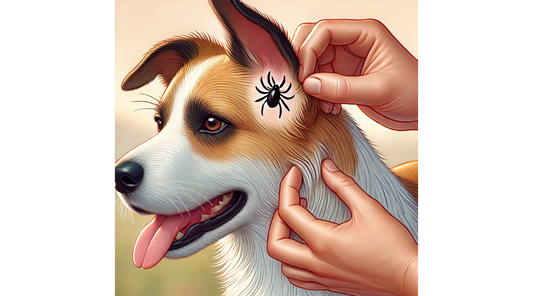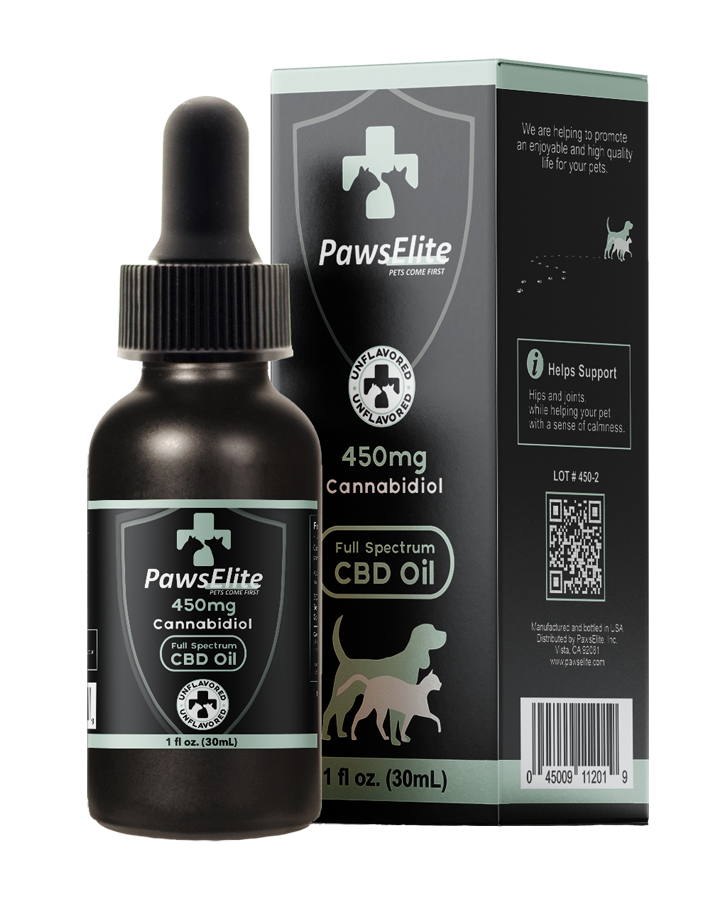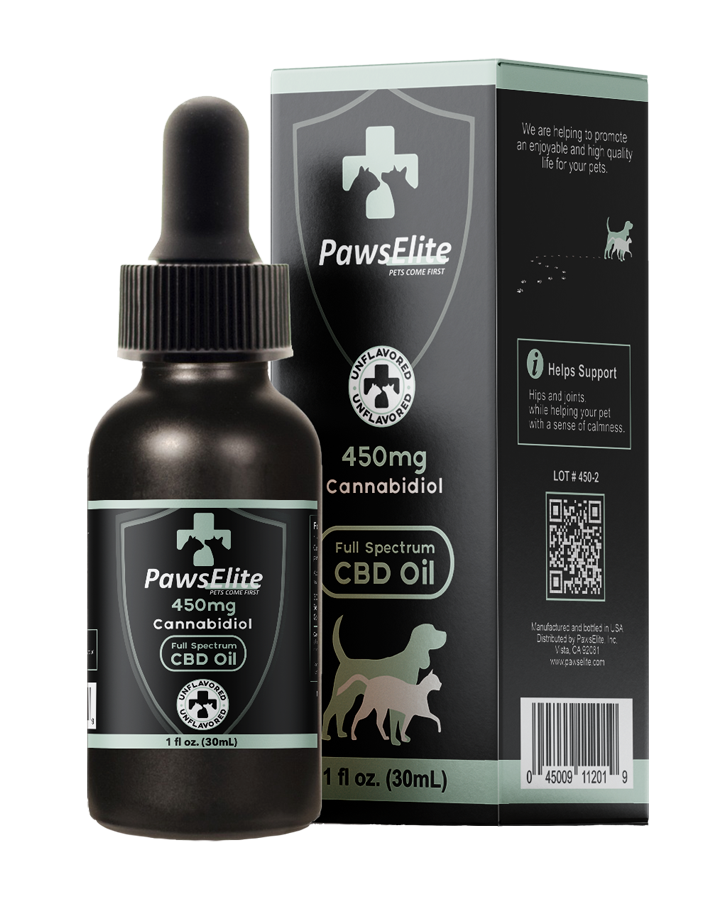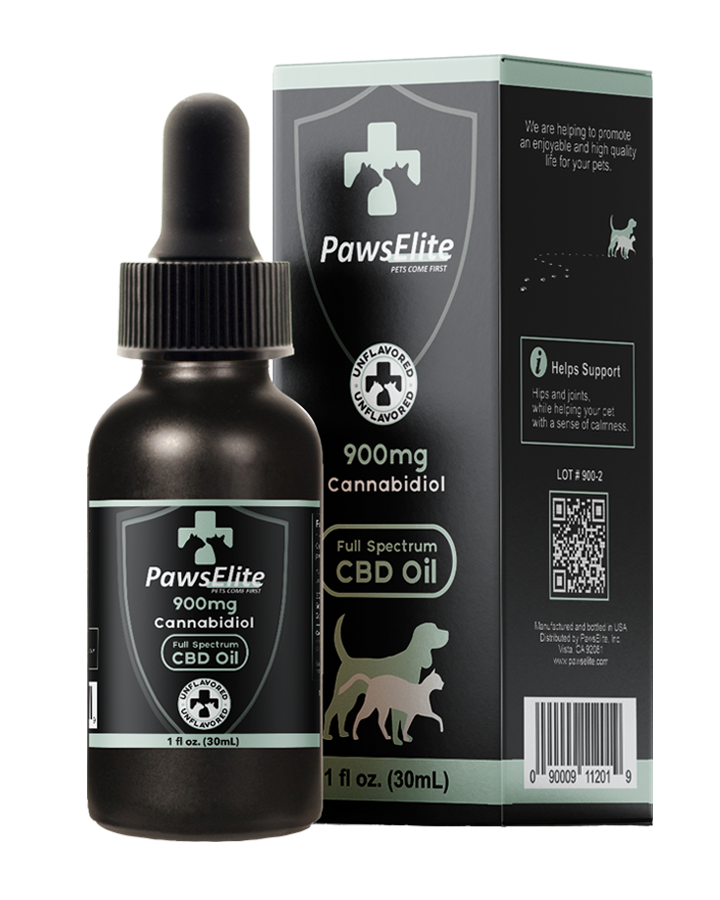
Recall on Canine Carry Outs: Everything You Need to Know
Share
Canine Carry Outs have been around since the early 1990s. They are widely available at grocery stores as well as at big pet store chains like PetSmart and Petco.
History of Canine Carry Outs
In 1991, Canine Carry Outs made a splash. They were initially offered for sale in containers described as looking like takeout doggie bags.
The term "Ken-L Ration" appeared on the containers of these treats back then, and they were a part of the Quaker Oats Company's line of pet goods, which also included Gravy Train, Kibbles N' Bits, Pup-Peroni, and Pounce. Of course, given the nature of this market, there will be several company changes.
The H.J. Heinz Company invested $725 million in 1995 to purchase the pet food division of Quaker. Quaker has made the decision to focus more on human food and get out of the pet food industry. After a merger occurred a short time later, Canine Carry Outs joined the portfolio of pet food brands owned by Del Monte Foods in 2002.
Del Monte to Smucker
Following the sale of all of Del Monte's assets related to people food, the company changed its name to Big Heart Pet Brands in 2014 to better represent its new focus. According to Pet Food Industry, the firm once more became the "biggest freestanding pet goods company in North America" in the same year.
Del Monte was a well-known brand, but by giving it up, the corporation said that it would only concentrate on the pet sector. When Big Heart Pet Brands was acquired by the J.M. Smucker Company in 2015, canine carry outs changed ownership once more. Smucker made a generous payment of $5.8 billion.
In the next section below, we discuss the Canine Carry Outs recall history.
Any Recall on Canine Carry Outs?
We’ve never seen or heard about a recall on canine carry outs.
There was an FDA WARNING on canine carry outs treats dated May 4th, 2016, but the parent company had not issued a recall on them officially.
However, in 2015, reports about the use of propylene glycol in canine carry outs started to spread through social media sites.
According to these claims, propylene glycol was simply another term for anti-freeze. Additionally, they stated that propylene glycol might kill dogs by causing convulsions in them. Although it might be used as an antifreeze, propylene glycol is deemed safe for canine intake. Propylene glycol is actually frequently referred to be the pet-safe antifreeze.
Propylene glycol has been designated as GRAS (Generally Recognized As Safe) by the FDA for use in dog food. The idea that propylene glycol can induce seizures and death is overstated, despite the fact that there are several reliable research publications challenging the FDA's judgment.
Rumors about Recall on Canine Carry Outs
Since at least 2015, there have been internet rumors that the components in Canine Carry Outs include a form of antifreeze that has been sickening animals.
One myth that swiftly gained traction on social media claimed that a dog named Milo's stomach exploded as a result of ingesting Canine Carry Outs. (We firmly doubt that actually took place.) The goodies are "poison," claim many online remarks from worried customers. Just awful... awful!
When a veterinarian made a dramatic Facebook warning in April 2016, the recall rumors reached a fever pitch. In addition to a picture of Canine Carry Outs, Dr. Chloe Charlton, DVM, wrote on her Facebook page, "DO. NOT. FEED. THESE. TO. YOUR. DOG."

In her post, which quickly went viral, Dr. Charlton claimed that a “report to the FDA has come back conclusive.”
Canine Carry Outs Response to Recall on Canine Carry Outs
The manufacturer of Canine Carry Outs, the J.M. Smucker Company, has vehemently defended the goodies.
In a 2016 interview with Petful, Maribeth Burns, vice president of corporate relations, stated, "We are quite unhappy in the erroneous information spreading online regarding our Canine Carry Outs goods. Product quality and safety have been of utmost significance to our organization for almost 120 years.
"Canine Carry Outs do not contain melamine and are not a jerky treat," she said, referring to the items mentioned in the paper.







